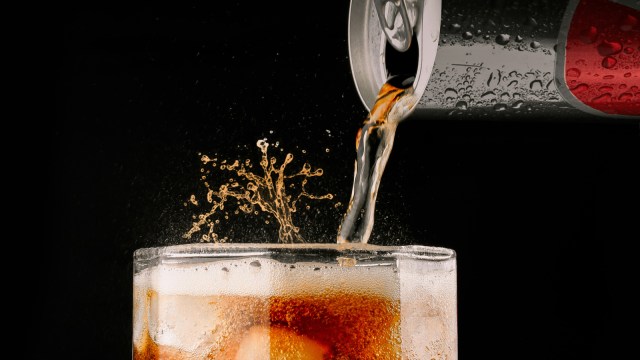UAE’s new sugar tax to come into effect from January 1: All you need to know
Beverages with higher sugar content will be subject to higher tax rates and energy drinks will continue to be taxed at 100% even under the new law.
 The sugar tax aims to encourage manufacturers to reduce sugar levels in their products and raise awareness about healthier dietary choices. (Photo: Unsplash)
The sugar tax aims to encourage manufacturers to reduce sugar levels in their products and raise awareness about healthier dietary choices. (Photo: Unsplash) The United Arab Emirates (UAE) on Monday confirmed that the proposed ‘sugar tax’ on sweetened beverages will come into effect on January 1, 2026. According to the UAE’s Ministry of Finance, the new tax will replace the current flat-rate on sugar-sweetened beverages sold in the Emirates.
What is sugar tax?
Until now, the UAE had a flat 50 per cent excise tax on such goods. This will now be replaced with a tiered system based on sugar content per 100ml.
As a result, beverages with higher sugar content will be subject to higher tax rates. Energy drinks will continue to be taxed at 100% even under the new law.
The government has also introduced a clear mechanism that enables taxable persons who have imported or produced goods to be subject to a 50 per cent excise tax prior to the amendments coming into effect.
The sugar tax was first proposed in July 2025 to encourage manufacturers to reduce sugar levels in their products and raise awareness about healthier dietary choices.
The ministry said that the new national legislation aligns with the Gulf Cooperation Council (GCC)’s adoption of a tiered volumetric model for excise tax on sugar-sweetened beverages (SSBs).

Sugar tax across GCC
Other GCC countries are also expected to introduce similar legislation. Currently, Saudi Arabia, Qatar and Bahrain have a 50 per cent tax on sweetened and carbonated beverages and 100 per cent on energy drinks.
Oman has a 50 per cent tax on sugar-sweetened beverages, and from October, digital tax stamps were introduced for beverages subject to an excise tax.
Kuwait is the only GCC member that does not have excise tax on carbonated beverages, sugar-sweetened beverages, or energy drinks.






